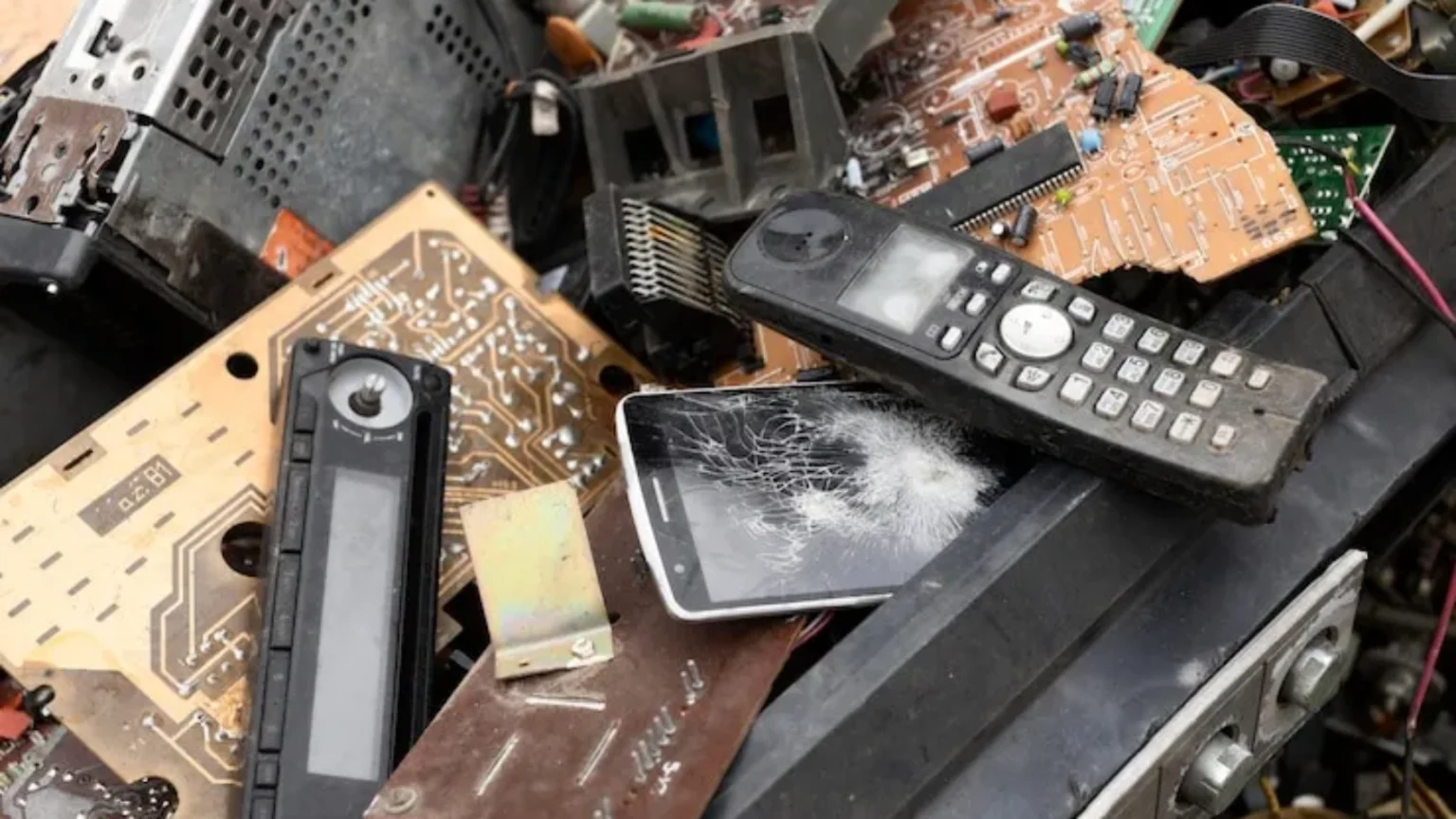
Eco-Friendly Solutions: The Vital Role of eWaste Recycling Companies and Services
In today’s digital age, electronic devices have become an integral part of our lives. From smartphones to laptops and household appliances, we rely on these gadgets for convenience and efficiency. However, the rapid advancement of technology has led to a significant increase in electronic waste, or eWaste. This article explores the world of eWaste, the importance of recycling it, and the role of eWaste recycling companies and management services in addressing this growing environmental concern.
What is eWaste?
Electronic waste, commonly referred to as eWaste, encompasses all discarded electronic devices and equipment. These items include old computers, cell phones, televisions, printers, and more. E-waste can also include components such as batteries, circuit boards, and cables. It is crucial to note that eWaste can contain hazardous materials, making proper disposal and recycling essential.
The Importance of eWaste Recycling
The improper disposal of eWaste can have significant environmental and health consequences. When electronic devices end up in landfills, they can release toxic substances like lead, mercury, and cadmium into the soil and water, posing a threat to ecosystems and human health. Recycling eWaste reduces the environmental impact by recovering valuable materials and preventing pollution.
The Role of eWaste Recycling Companies
eWaste recycling companies play a vital role in the sustainable management of electronic waste. These companies specialize in the collection, transportation, and processing of eWaste. They use advanced technologies to disassemble and recycle electronic devices, ensuring that valuable materials are recovered and hazardous substances are safely disposed of.
Benefits of Using eWaste Management Services
- Environmental Preservation: By opting for eWaste management services, individuals and businesses contribute to a cleaner environment, reducing the harmful effects of eWaste on ecosystems.
- Resource Recovery: Recycling eWaste allows for the recovery of valuable materials like metals, plastics, and glass, reducing the need for mining and manufacturing of new resources.
- Compliance with Regulations: Using professional eWaste management services ensures compliance with local and international regulations, reducing legal risks.
- Data Security: Professional eWaste recyclers also provide secure data destruction services, safeguarding sensitive information stored on electronic devices.
How to Choose the Right eWaste Recycling Company
Selecting the right eWaste recycling company is essential for a successful and responsible disposal process. Consider the following factors:
- Certifications: Look for certifications like R2 (Responsible Recycling) and e-Stewards, which indicate adherence to high standards of eWaste recycling.
- Experience: Choose a company with a proven track record in the industry and positive customer reviews.
- Environmental Practices: Inquire about their environmental practices and ensure they prioritize sustainable recycling methods.
- Data Security Measures: If data security is a concern, verify that the company offers secure data destruction services.
The Process of eWaste Recycling
eWaste recycling involves several steps, including collection, sorting, disassembly, and material recovery. The process aims to separate valuable materials like metals, plastics, and glass for recycling, while hazardous substances are properly disposed of.
Sustainable Practices in eWaste Management
To promote sustainability, eWaste recycling companies are adopting eco-friendly practices such as energy-efficient operations, reducing waste generation, and reusing components when possible. These efforts contribute to a greener and more sustainable future.
Challenges in eWaste Recycling
Despite its importance, eWaste recycling faces several challenges, including:
- Economic Viability: Recycling eWaste can be costly, and finding profitable markets for recovered materials can be challenging.
- Global Supply Chain: The complexity of the global electronics supply chain makes it difficult to trace the origin of eWaste and hold manufacturers accountable.
- Consumer Awareness: Many individuals are unaware of the importance of eWaste recycling and the potential hazards of improper disposal.
Government Regulations and eWaste
Governments worldwide are recognizing the significance of eWaste management and have implemented regulations to govern its disposal and recycling. These regulations aim to ensure safe and responsible handling of electronic waste.
Future Trends in eWaste Recycling
The future of eWaste recycling holds promising developments, including the use of advanced technologies, increased awareness, and greater emphasis on the circular economy. As technology evolves, so too will the methods of eWaste recycling.
Conclusion
In conclusion, eWaste recycling is a crucial endeavor that helps protect our environment, conserve valuable resources, and reduce the health risks associated with improper disposal. Choosing the right eWaste recycling company and embracing sustainable practices are essential steps in addressing this global challenge. By responsibly managing our electronic waste, we can pave the way for a cleaner and more sustainable future.
FAQs
What is electronic waste (eWaste)?
Electronic waste, or eWaste, refers to discarded electronic devices and equipment, including computers, smartphones, televisions, and their components.
Why is eWaste recycling important?
Recycling eWaste helps reduce environmental pollution, conserve valuable resources, and prevent the release of hazardous substances into the environment.
What services do eWaste management companies offer?
eWaste management companies provide services such as collection, transportation, secure data destruction, and responsible recycling of electronic waste.
How can I choose the right eWaste recycling company?
Consider certifications, experience, environmental practices, and data security measures when selecting an eWaste recycling company.
What are the challenges in eWaste recycling?
Challenges in eWaste recycling include economic viability, the complexity of the global supply chain, and the need for increased consumer awareness.







